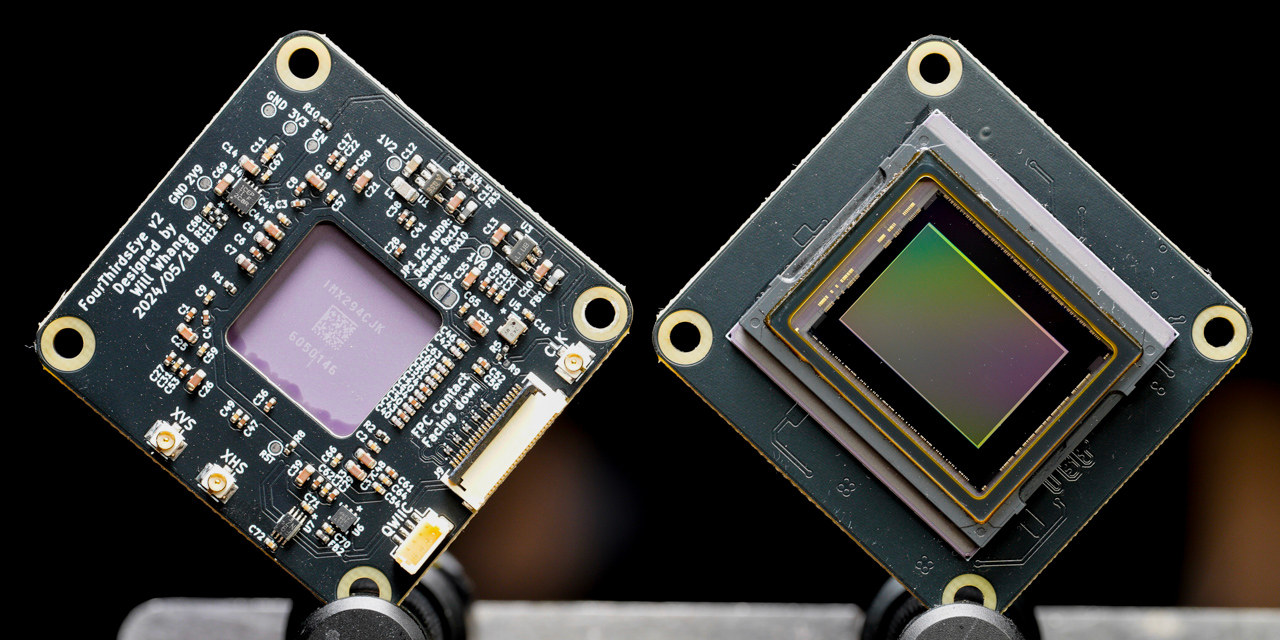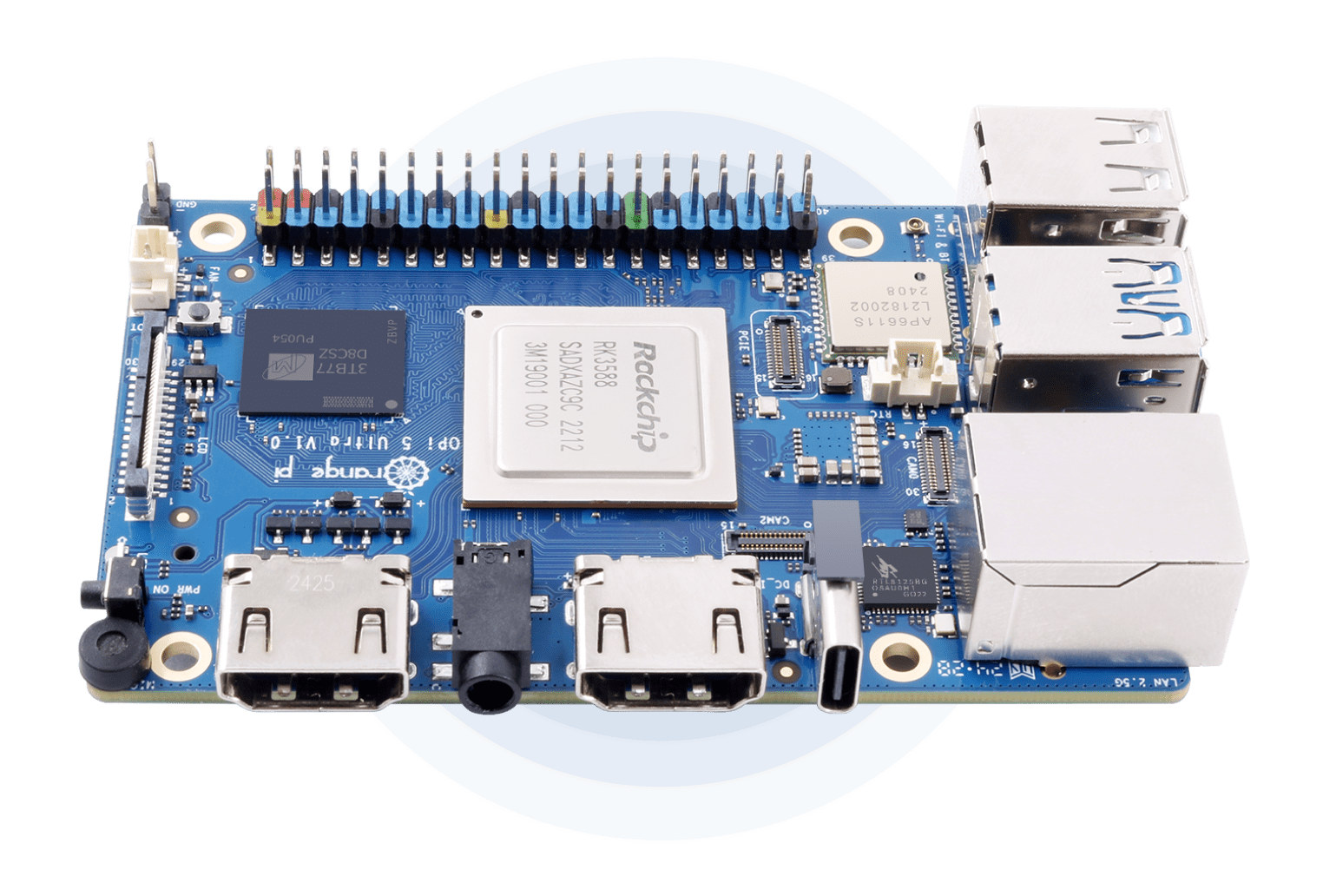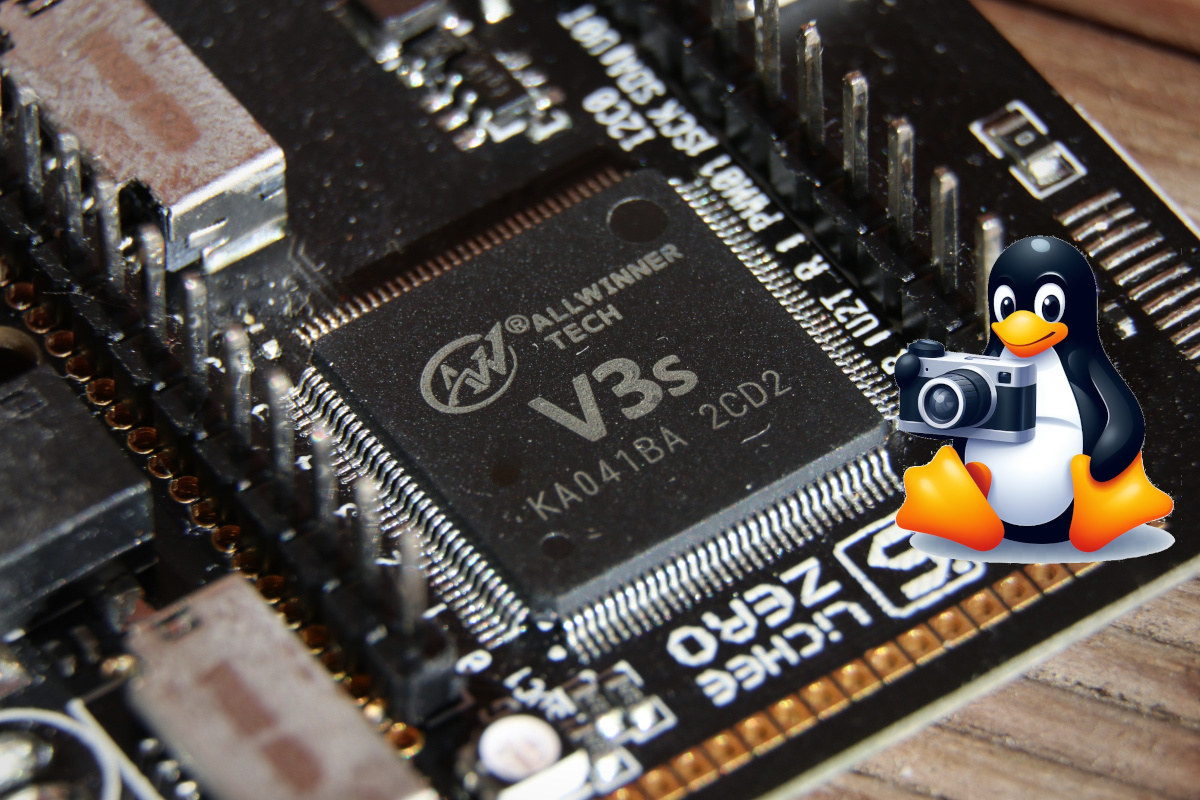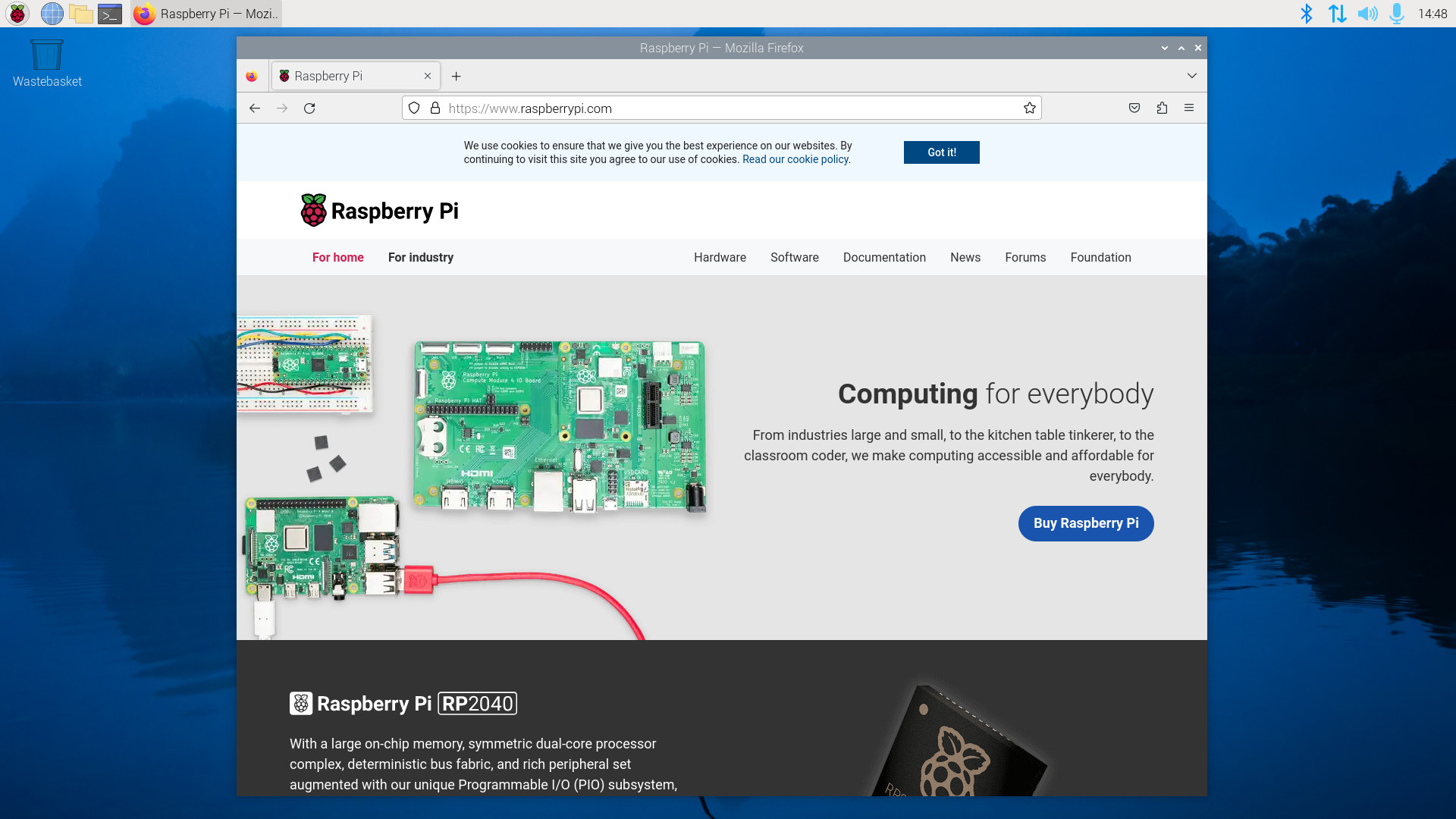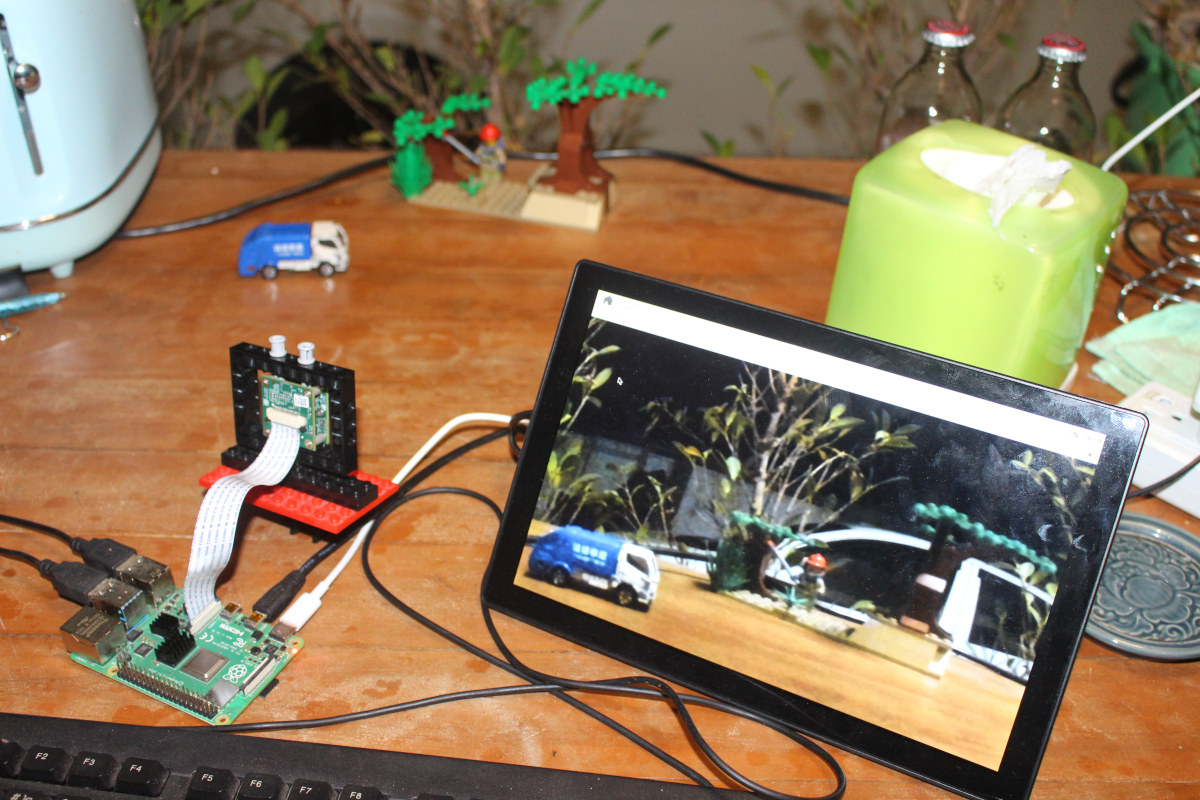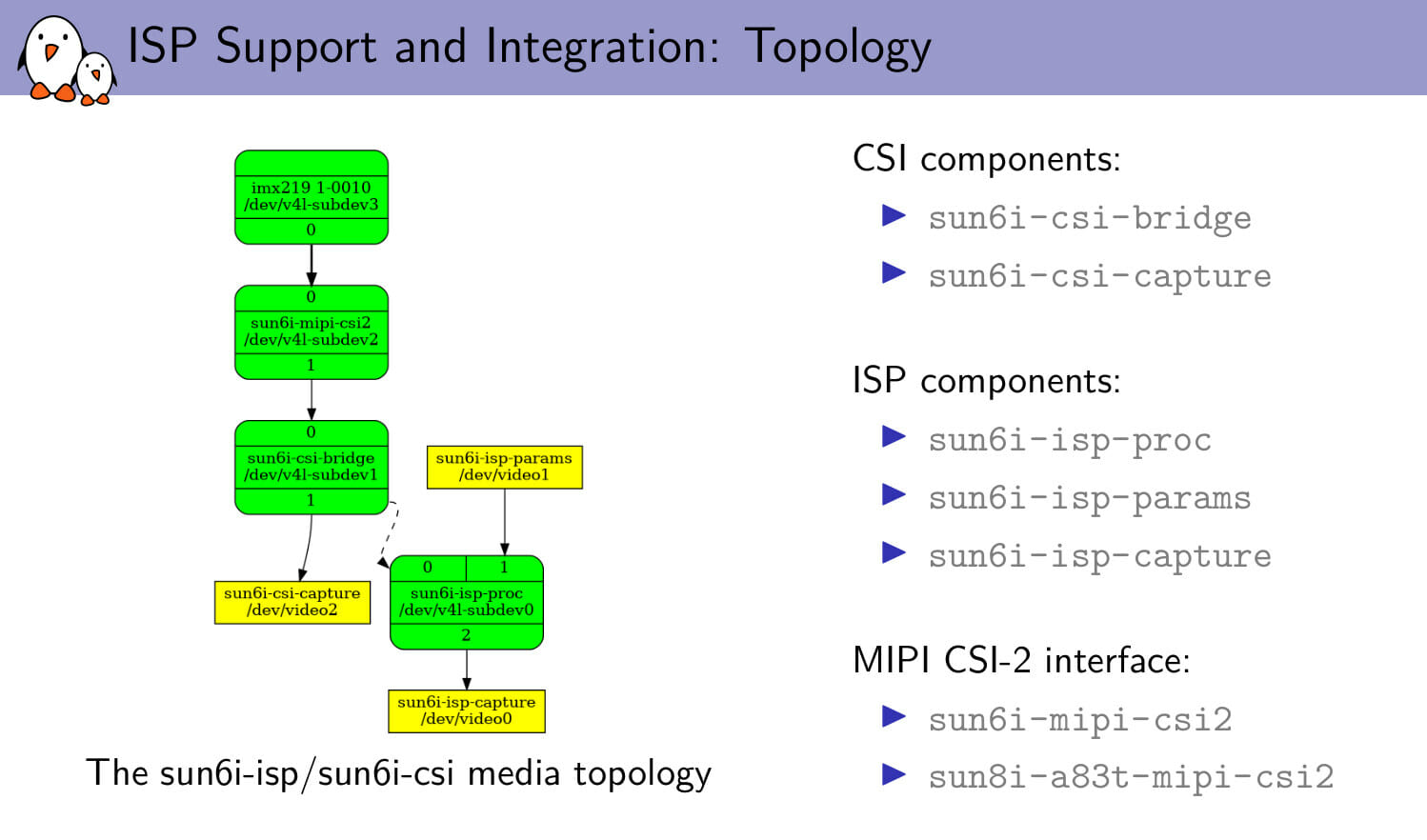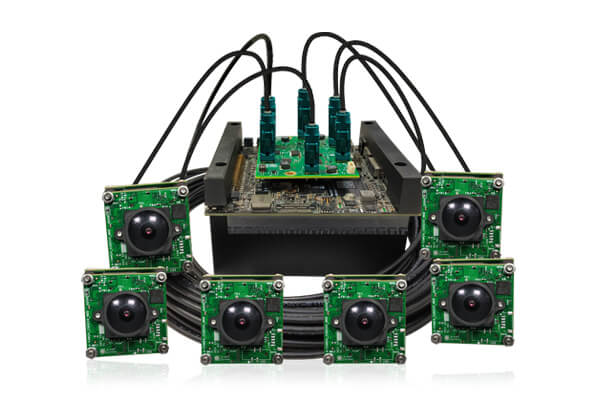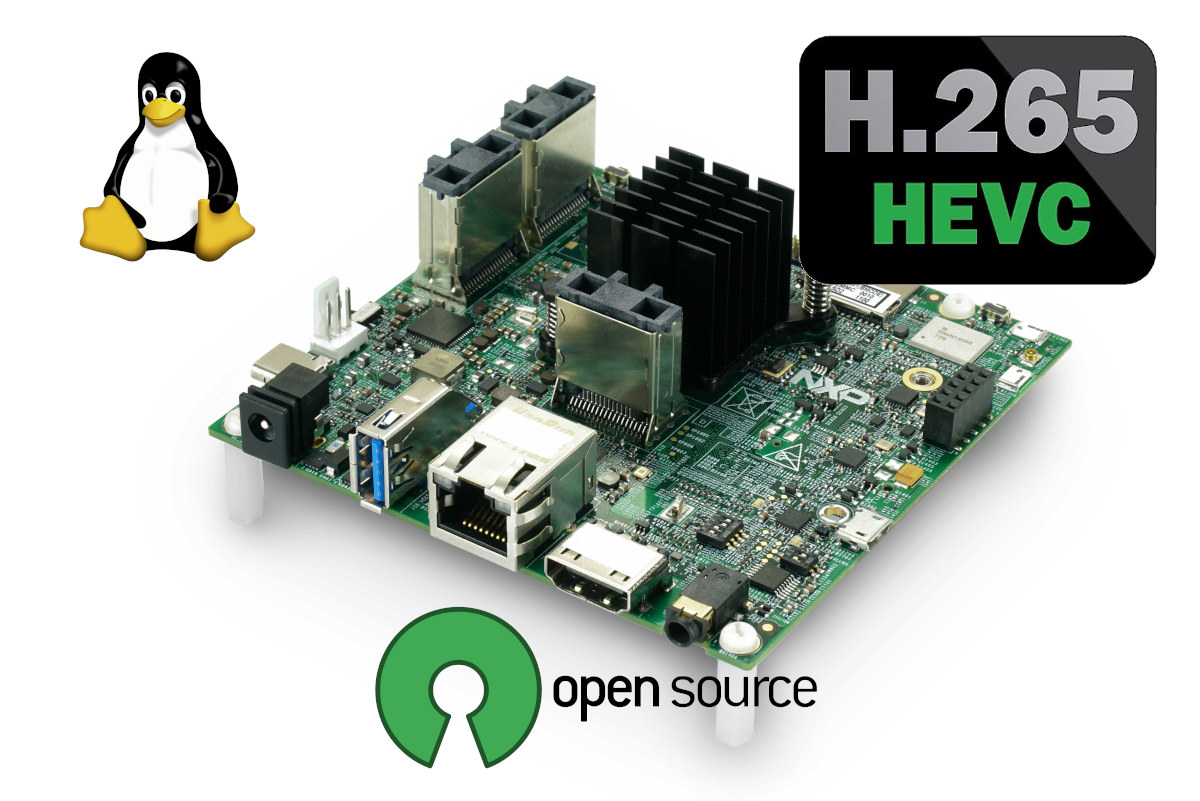Will Whang’s FourThirdsEye project is an open-source hardware camera module designed for Raspberry Pi 5 SBC and Raspberry Pi Compute Module 4 SoM using a Sony IMX294 Type 4/3 CMOS image sensor. The camera module can capture 10.7 MP images and 4K (4096 x 2160) videos with improved low-light performance and dynamic range (4.63 μm pixel size) compared to existing Raspberry Pi camera modules. Will claims it’s perfect for photography enthusiasts, developers, and makers who want a more powerful camera for their Raspberry Pi projects. FourThirdsEye camera module specifications: Sony IMX294 sensor Output image size – Diagonal 21.63 mm (Type 4/3) aspect ratio 17:9 & 4:3 Number of effective pixels 4168 (H) × 2176 (V) approx. 8.93M pixels (aspect ratio 17:9) 3792 (H) × 2824 (V) approx. 10.71M pixels (aspect ratio 4:3) Unit cell size – 4.63 μm (H) × 4.63 μm (V) Optical blacks Horizontal – Front: 0 pixels, […]
Orange Pi 5 Ultra SBC offers HDMI 2.1 output and HDMI 2.0 input
The Orange Pi 5 Ultra is a Rockchip RK3588 SBC that’s slightly larger than a business card and visually identical to the Orange Pi 5 Max introduced last August, but replacing one of the two HDMI 2.1 video outputs on the latter with an HDMI 2.0 input port. The new single board computer is still offered with up to 16GB LPDDR5, an eMMC flash module connector or soldered-on eMMC flash, an M.2 socket for an NVMe SSD, 2.5GbE and WiFi 6E networking, and four USB 3.0/2.0 ports. Orange Pi 5 Ultra specifications: SoC – Rockchip RK3588 CPU – Octa-core processor with 4x Cortex-A76 cores @ up to 2.4 GHz, 4x Cortex-A55 cores @ up to 1.8 GHz Arm Mali-G610 MP4 GPU with support for OpenGL ES1.1/2.0/3.2, OpenCL 2.2, and Vulkan 1.2 6 TOPS AI accelerator with support for INT4/INT8/INT16/FP16 mixed operation VPU – 8Kp60 H.265/VP9/AVS2 10-bit decoder, 8Kp30 H.264 decoder, […]
Allwinner VPU gets open-source Linux driver for its H.264 hardware video encoder
Long-time readers of CNX Software may remember Bootlin’s crowdfunding campaign launched in 2018 to bring open-source Allwinner VPU drivers to take care of hardware video encoding and decoding in mainline Linux. They managed to raise enough funds (over 30,000 Euros) from small donors and several companies (Olimex, Pine64, Libre Computer, FriendlyELEC, and Orange Pi) to work on open-source VPU drivers for mainline Linux, but only for MPEG2, H264, and H265 decoding for in a range of Allwinner SoCs such as the A20 and H5, but not quite enough to cover the cost of H264 video encoding. Five years later, Bootlin took it upon themselves to complete the work without backing or support from Allwinner and have now released an open-source Linux-kernel based V4L2 driver to support the H.264 video encoder found in Allwinner V3, V3s, and S3 camera SoCs. The new driver builds upon earlier work by the company to […]
Raspberry Pi OS upgraded to Debian 12 “Bookworm”
Raspberry Pi has announced a new release of Raspberry Pi OS based on Debian 12 “Bookworm” upgrading from Debian 11 “Bullseye” which served as the base for the Raspberry Pi operating system since November 2021. As explained in the announcement, not much changes from the user perspective when switching between Debian 11 and Debian 12 with a lot of changes occurring under the hood plus they also worked on some extra features specific to Raspberry Pi OS. Wayland on Raspberry Pi OS The main change is the switch from the legacy X11 window manager to the more modern Wayland system with WayFire compositor that delivers better performance when drawing windows and improved security since it’s not using a server/client implementation. Note that Wayland is only enabled by default on Raspberry Pi 4 and 5 boards, and earlier and less powerful models still rely on X11 as work is going on […]
Getting started with e-CAM20_CURB camera for Raspberry Pi 4
e-con Systems e-CAM20_CURB is a 2.3 MP fixed focus global shutter color camera designed for the Raspberry Pi 4, and the company has sent us a sample for evaluation and review. We’ll start by providing specifications, before checking out the package content, connecting the camera to the Raspberry Pi 4 with a DIY LEGO mount, showing how to access the resources for the camera, and trying tools provided in the Raspberry Pi OS or Yocto Linux image. e-CAM20_CURB specifications The camera is comprised of two boards with the following specifications: eCAM217_CUMI0234_MOD full HD color camera with 4-lane MIPI CSI-2 interface ON Semiconductor AR0234CS CMOS sensor with 1/2.6″ optical form-factor Global Shutter Onboard ISPimage sensor from ON Semiconductor Uncompressed UYVY streaming HD (1280 x 720) up to 120 fps Full HD (1920 x 1080) up to 65 fps 2.3 MP (1920 x 1200) up to 60 fps External Hardware Trigger Input […]
Open-source Allwinner V3 ISP driver to enable blob-free camera support in mainline Linux
Bootlin has just submitted the first patchset for the Allwinner V3 image signal processor (ISP) driver in mainline Linux which should pave the way for a completely open-source, blob-free camera support in Linux using V4L2. There are several blocks in an SoC for camera support including a camera input interface such as MIPI CSI 2 and an ISP to process the raw data into a usable image. Add to this the need to implement the code for sensors, and there’s quite a lot of work to get it all working. Allwinner SDK comes with several binary blobs, aka closed-source binary, but Bootlin is working on making those obsolete, having first worked on Allwinner A31, V3s/V3/S3, and A83T MIPI CSI-2 support for the camera interface driver in the V4L2 framework (and Rockchip PX30, RK1808, RK3128 and RK3288 processors), as well as implemented support for Omnivision OV8865 and OV5648 image sensors earlier […]
GMSL2 camera kit supports 15-meter long cables, up to six cameras with NVIDIA Jetson Xavier AGX
We’ve recently seen it’s possible to use a long cable with the Raspberry Pi camera thanks to THine camera extension kit that works with 20-meter LAN cables using V-by-One HS technology. e-con Systems has now launched a similar solution for NVIDIA Jetson Xavier AGX, one of the most powerful Arm devkits available in 2021, with NileCAM21 Full HD GMSL2 HDR Camera that supports up to 15-meter long cable as well as LFM (LED Flickering Mitigation) technology. NileCAM21 camera features and specifications: Based on OnSemi AR0233 Full HD camera module with S-mount interchangeable lens holder Gigabit Multimedia Serial Link 2 (GMSL2) interface with FAKRA connector Shielded coaxial cable for transmission of power and data over long distances (up to 15m) High Dynamic Range (HDR) with LED Flickering Mitigation (LFM) Supported resolutions and max frame rates for uncompressed UYVY streaming VGA (640 x 480) up to 60 fps qHD (960 x 540) […]
Open-source H.265/HEVC Hantro G2 decoder driver added to NXP i.MX 8M in Linux
Getting open-source multimedia drivers on Arm Linux is one of the most difficult tasks, that’s why there’s no much talk about open-source GPU drivers for 2D & 3D graphics acceleration, but work on video hardware decoding and encoding is also a challenge. We’ve previously seen Bootlin work on Cedrus open-source driver for Allwinner VPU (Video Processing Unit), but Collabora has been working on open-source drivers for VeriSilicon’s Hantro G1 and G2 VPU found in some Rockchip, NXP, and Microchip processors. The company previously managed to have Hantro G1 open-source driver for JPEG, MPEG-2, VP8, and H.264 codecs, but H.265/HEVC relies on Hantro G2, and the patch for H.265 hardware video decoding on NXP i.MX 8M Quad has just been submitted to mainline Linux. Benjamin Gaignard explains more in his commit message: The IMX8MQ got two VPUs but until now only G1 has been enabled This series aim to add the […]


